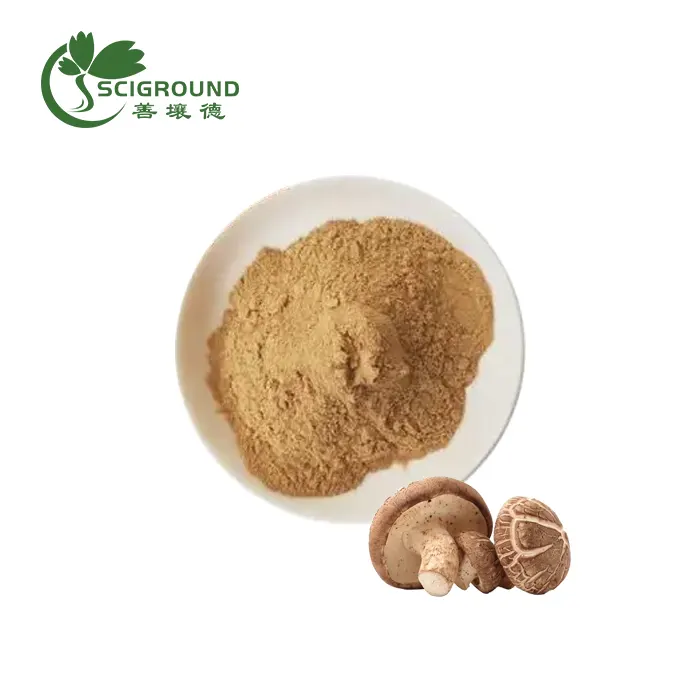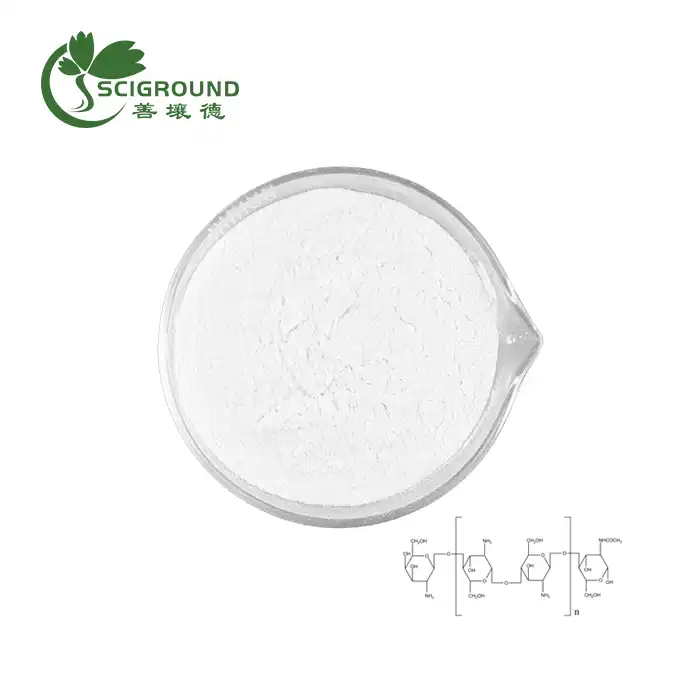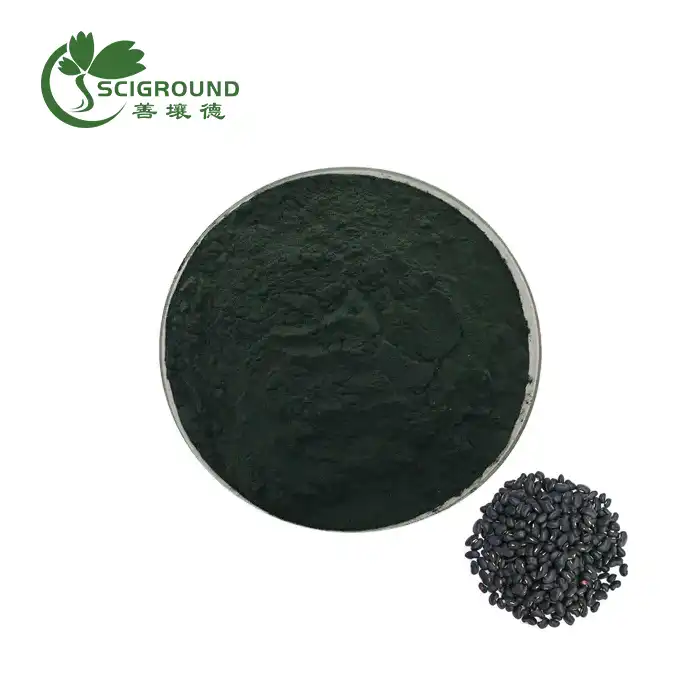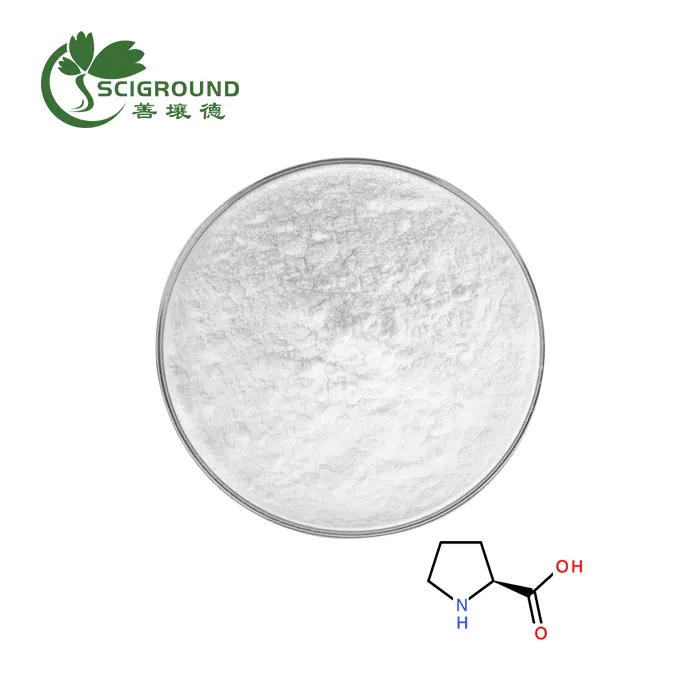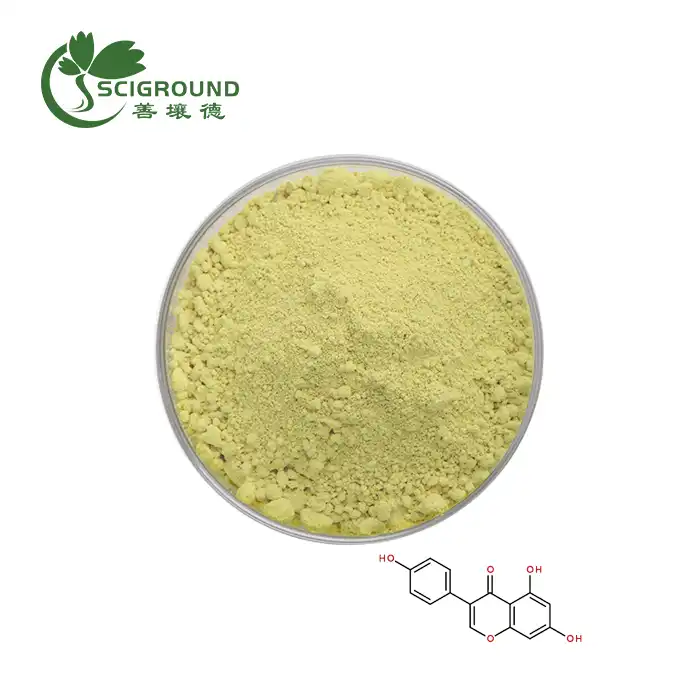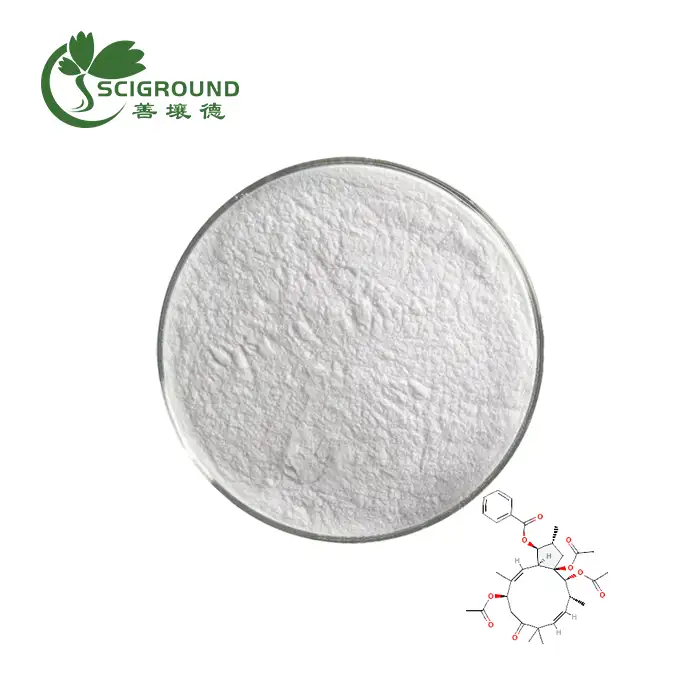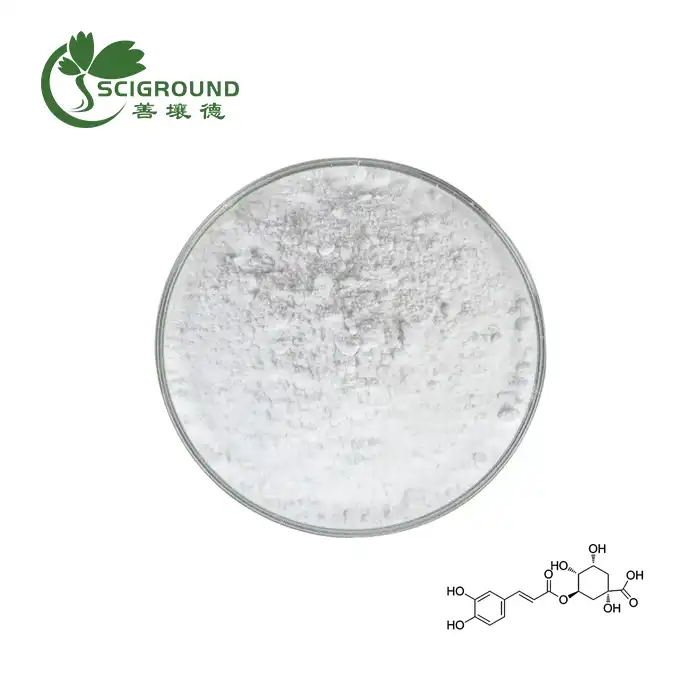What is Aescuven tablets used for?
Aescuven tablets are a renowned herbal medicine primarily used for treating symptoms associated with chronic venous insufficiency. The name "Aescuven" ingeniously combines the Latin word for the main active substance derived from the horse chestnut tree (Aesculus hippocastanum) and the German word for vein (Vene). This unique blend encapsulates the essence of its primary function – supporting vein health.
For decades, Aescuven has been a market leader in vein care, particularly in China, where it's sold under the brand name Mei Jii Ling. The popularity of this medication is astounding, with nearly one billion coated tablets sold annually in China alone. This widespread use underscores its efficacy and trust among consumers and healthcare professionals alike.
In an exciting development for the brand, starting from August 6, 2024, the entire production of Aescuven® by Cesra GmbH Co. KG will be undertaken by a newly established subsidiary, Aescuven Pharma Deutschland GmbH Co. KG. This move is expected to streamline production processes and potentially enhance the availability of this vital medication to those in need.
The primary active ingredient in Aescuven tablets is aescin, a potent compound extracted from horse chestnut seeds. Aescin is renowned for its anti-inflammatory and vasoprotective properties, making it an ideal choice for addressing various vascular issues. Let's delve deeper into the specifics of aescin's effects, usage, and potential interactions.
What are the side effects of the drug Aescin?
While aescin, the primary component of Aescuven tablets, is generally well-tolerated, it's crucial to be aware of potential side effects. Understanding these effects can help users make informed decisions and seek appropriate medical advice when necessary.
The toxicity profile of aescin is relatively benign, primarily due to its poor absorption by the gastrointestinal tract. However, in cases of large exposures, some individuals may experience gastrointestinal disturbances. These can manifest as:
- Nausea
- Vomiting
- Abdominal cramps
- Diarrhea
It's worth noting that these side effects are typically associated with high doses or prolonged use of aescin. Most users taking the recommended dosage of Aescuven tablets do not experience significant adverse effects.
In rare cases, some individuals may exhibit allergic reactions to aescin. These can range from mild skin irritations to more severe symptoms such as difficulty breathing or swelling of the face, lips, tongue, or throat. If any signs of an allergic reaction occur, it's imperative to discontinue use immediately and seek medical attention.
Another potential side effect, although uncommon, is the impact on liver function. Some studies have reported mild elevations in liver enzymes in individuals taking aescin supplements. While these elevations are usually transient and resolve upon discontinuation of the medication, it's advisable for individuals with pre-existing liver conditions to consult their healthcare provider before starting Aescuven tablets.
It's also worth mentioning that aescin has blood-thinning properties. While this is beneficial for its intended use in improving circulation, it can potentially increase the risk of bleeding, especially in individuals taking anticoagulant medications or those with bleeding disorders. Therefore, it's crucial to inform your healthcare provider about all medications and supplements you're taking before starting Aescuven tablets.
How do you use aescin?
The administration of aescin, the primary active ingredient in Aescuven tablets, can vary depending on the specific formulation and the condition being treated. Understanding the correct usage is crucial for maximizing the benefits while minimizing potential side effects.
Aescin is available in several forms, including oral tablets (like Aescuven), topical gels, and injectable solutions. The choice of formulation depends on the severity of the condition and the specific needs of the patient.
For chronic venous insufficiency and related conditions, oral tablets such as Aescuven are commonly prescribed. The typical dosage ranges from 100 to 300 mg per day, usually divided into two or three doses. It's generally recommended to take these tablets with meals to enhance absorption and reduce the likelihood of gastrointestinal side effects.
When using Aescuven tablets, it's crucial to follow the dosage instructions provided by your healthcare provider or as indicated on the product label. The duration of treatment can vary depending on the condition being treated and the individual's response to the medication. Some patients may see improvements within a few days, while others might require several weeks of consistent use to experience noticeable benefits.
For those using topical aescin formulations, such as gels or creams, the application method is different. These are typically applied directly to the affected area, usually two to three times daily. A thin layer of the gel should be gently massaged into the skin until it's fully absorbed. It's important to wash your hands thoroughly after application unless the hands are the treatment area.
In more severe cases or situations requiring rapid symptom relief, injectable forms of aescin may be administered under medical supervision. These are typically used in hospital settings for conditions such as acute inflammation or severe edema.
The onset time for aescin's therapeutic effects can vary depending on the formulation and the condition being treated:
- Oral tablets (like Aescuven): Effects generally begin to show within several days to a few weeks of consistent use.
- Topical applications: May provide more immediate relief, often within minutes to hours of application.
- Injectable forms: Offer the fastest onset, with effects noticeable within minutes to an hour after administration.
It's important to note that while aescin can provide significant relief for many individuals suffering from venous insufficiency and related conditions, it's not a cure-all. Lifestyle modifications, such as regular exercise, maintaining a healthy weight, and avoiding prolonged periods of standing or sitting, should be incorporated alongside aescin treatment for optimal results.
What Other Drugs Will Affect Aescin
Understanding potential drug interactions is crucial when considering the use of aescin, the primary component of Aescuven tablets. While aescin is generally well-tolerated, it can interact with certain medications, potentially altering their effectiveness or increasing the risk of side effects.
One of the most significant interactions to be aware of is between aescin and anticoagulant medications. Anticoagulants, also known as blood thinners, are used to prevent blood clots. Common examples include:
- Warfarin
- Heparin
- Newer oral anticoagulants like rivaroxaban and apixaban
Aescin itself has mild blood-thinning properties. When combined with anticoagulants, it may potentiate their effects, potentially increasing the risk of bleeding. This interaction underscores the importance of consulting with a healthcare provider before starting Aescuven tablets, especially for individuals on anticoagulant therapy.
Another class of drugs that may interact with aescin is nonsteroidal anti-inflammatory drugs (NSAIDs). Common NSAIDs include:
- Ibuprofen
- Aspirin
- Naproxen
Both aescin and NSAIDs have anti-inflammatory properties. When used concurrently, there's a potential for amplified effects, which could increase the risk of gastrointestinal side effects such as stomach ulcers or bleeding. Individuals who regularly use NSAIDs should discuss the use of Aescuven tablets with their healthcare provider to weigh the potential risks and benefits.
Aescin may also interact with certain diuretics, medications used to increase urine production and eliminate excess fluid from the body. This interaction could potentially lead to electrolyte imbalances or alter the efficacy of the diuretic. Common diuretics include:
- Furosemide
- Bumetanide
- Torsemide
It's worth noting that aescin could potentially influence the metabolism of drugs processed by the liver's cytochrome P450 enzymes. While specific interactions are not well-documented, caution is advised when combining aescin with medications that have a narrow therapeutic index or are extensively metabolized by these enzymes.
Some medications that may be affected include:
- Certain antidepressants
- Some antipsychotics
- Specific anti-epileptic drugs
It's also important to consider potential interactions with herbal supplements. Some herbs, such as ginkgo biloba or garlic supplements, also have blood-thinning properties. Combining these with aescin could potentially increase the risk of bleeding.
Given these potential interactions, it's crucial to provide your healthcare provider with a comprehensive list of all medications, supplements, and herbal products you're taking before starting Aescuven tablets. This allows for a thorough assessment of potential interactions and helps ensure the safe and effective use of aescin.
Remember, while this information provides a general overview of potential drug interactions with aescin, it's not exhaustive. Individual responses can vary, and new interactions may be discovered as research continues. Always consult with a healthcare professional for personalized advice tailored to your specific medical history and current medication regimen.
References:
- Sirtori, C. R. (2001). Aescin: pharmacology, pharmacokinetics and therapeutic profile. Pharmacological Research, 44(3), 183-193.
- Pittler, M. H., & Ernst, E. (2012). Horse chestnut seed extract for chronic venous insufficiency. Cochrane Database of Systematic Reviews, (11).
- Ottillinger, B., & Greeske, K. (2001). Rational therapy of chronic venous insufficiency–chances and limits of the therapeutic use of horse-chestnut seeds extract. BMC Cardiovascular Disorders, 1(1), 5.
- Diehm, C., Trampisch, H. J., Lange, S., & Schmidt, C. (1996). Comparison of leg compression stocking and oral horse-chestnut seed extract therapy in patients with chronic venous insufficiency. The Lancet, 347(8997), 292-294.
- Guillaume, M., & Padioleau, F. (1994). Veinotonic effect, vascular protection, antiinflammatory and free radical scavenging properties of horse chestnut extract. Arzneimittel-Forschung, 44(1), 25-35.
- Wilkinson, J. A., & Brown, A. M. (1999). Horse chestnut–Aesculus hippocastanum: potential applications in cosmetic skin-care products. International Journal of Cosmetic Science, 21(6), 437-447.
If you're interested in learning more about Aescuven tablets or have any questions about their use, we encourage you to reach out to us. Our team of experts at Shaanxi SCIGROUND is always ready to provide you with detailed information and personalized advice. Contact us today at info@scigroundbio.com to discover how Aescuven tablets can contribute to your vascular health and overall well-being.
Related Industry Knowledge
- Unlock Radiant Skin: The Power of Alpha Arbutin Extract
- Waht are the health benefits of Myrrh Extract?
- What is Arctium extract good for?
- What Are Side Effects of Amikin?
- How do you take proline powder?
- What is plantain extract used for?
- What is Astragalus Extract
- Is it better to take astragalus in the morning or at night?
- Does BCAA Help Lose Belly Fat?
- How Does L-Glutamic Acid Benefit Brain Health?
